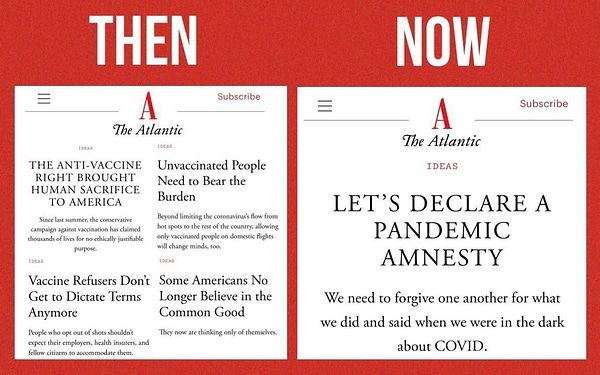How Halacha is Determined
Many people are confused about how halacha (Jewish law) is determined. There are so many rabbis, so many opinions, so much information, so many divergent camps and ways of thinking. What’s a person to do?
To help make sense of it all, here is a concise overview of the main approaches for determining halacha.
*
Method #1: Follow the most lenient or personally convenient opinion in all cases.
Best for: Pretending to be religious; being a menuval birshus haTorah (degenerate with the supposed permission of the Torah); bashing Jews with yiras shamayim (fear of heaven); currying favor with the goyim; eroding Orthodoxy; having your cake and eating it, too.
Pro Tip: If you can’t find lenient opinions, create them. Best done by conferring rabbinic ordination on miscreants for this very purpose, citing them as authorities, creating a precedent, then gradually normalizing what was previously unthinkable.
Warning: Your grandchildren will intermarry, become gay, or boomerang to the other extreme and become super religious.
*
Method #2: Follow the strictest opinion in all cases.
Best for: Demonstrating how pious you are; making people uncomfortable; turning children off to Judaism.
Pro Tip: Outdo others who follow this method by inventing new stringencies. Rabbis can distinguish themselves by doing the same. There are always new fears and potential dangers, so the possibilities are limitless.
Warning: Every stringency is lenient in some other area (for example, if you are super strict in preventing licentious behavior, you will make it incredibly difficult for singles to date and marry); your children might write a bestselling book for the secular world about how Judaism is a cult.
*
Method #3: Do whatever your social group is doing.
Best for: Playing it safe, being popular, not having to think after you learn the ropes.
Pro Tip: You only have to keep up appearances in public or when certain people are watching. The rest of the time you can chill and do what you want.
Warning: You can only function within the protective confines of your social group; your children will be defenseless against peer pressure; you live in quiet terror of your social group turning against you; you probably took a bunch of poison shots.
*
Method #4: Do whatever a certain rabbi says, all the time, no questions asked.
Best for: Never having to think again; never having to take responsibility; winning arguments; feeling smart without having to learn.
Pro Tip: Get a feel for which questions to ask and how to ask them, so you get the answers you want and then piously just follow what the rebbe said.
Warning: Ignorance may be bliss, but being an ignoramus has downsides; when they interrogate you in the next world, “I was just following orders” might not be an acceptable response; it doesn’t always fly in this world either; if you picked the wrong rabbi to make all the decisions for you, you took a bunch of poison shots.
*
Method #5: Combine your own learning and understanding with direction from rabbis you know and trust to make informed decisions.
Best for: Taking responsibility for your own soul; navigating new and uncomfortable situations without getting misled by fads, peer pressure, propaganda, and Erev Rav; developing a deep sense of self, while remaining true to Torah and tradition; developing a genuine connection with Hashem; avoiding death shots.
Pro Tip: Don’t lose sight of how little you know, but take a moment once in a while to appreciate how far you’ve come.
Warning: Absent a convenient way to make decisions, you will have to muddle through much of the time; you will have little to no social support; you might never fit in anywhere; you might be ostracized and even persecuted.
Bonus Pro Tip: Keep the big picture in mind. It will all be worth it.
__________________________
chananyaweissman.com/
